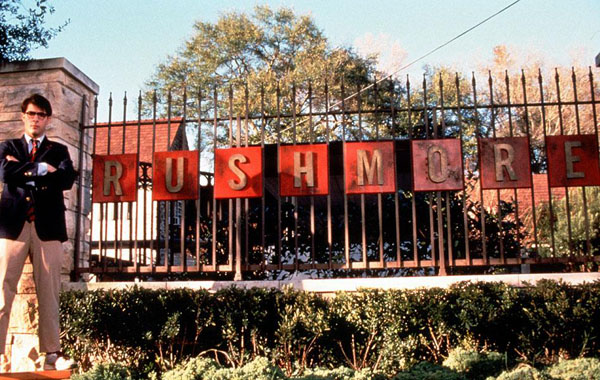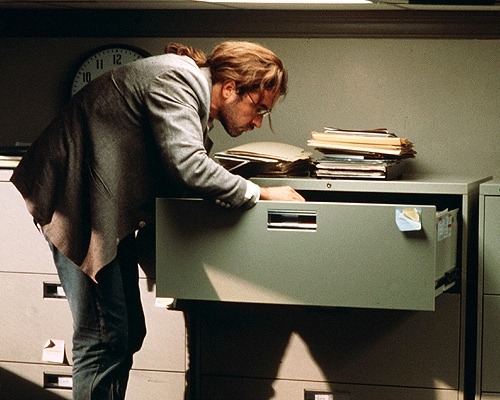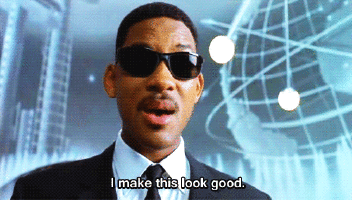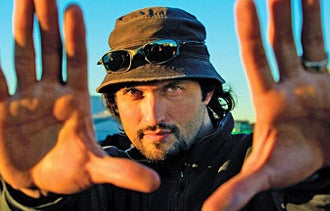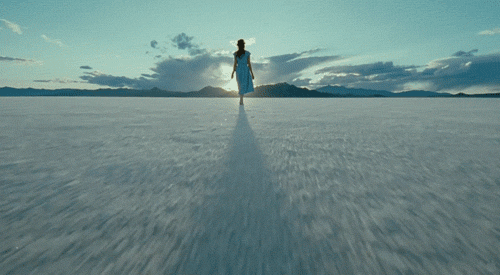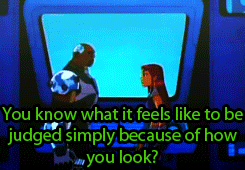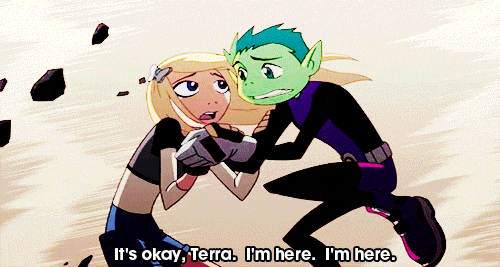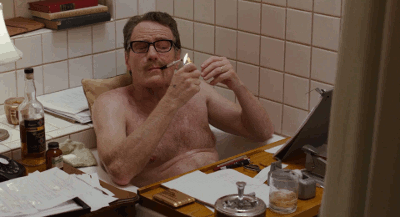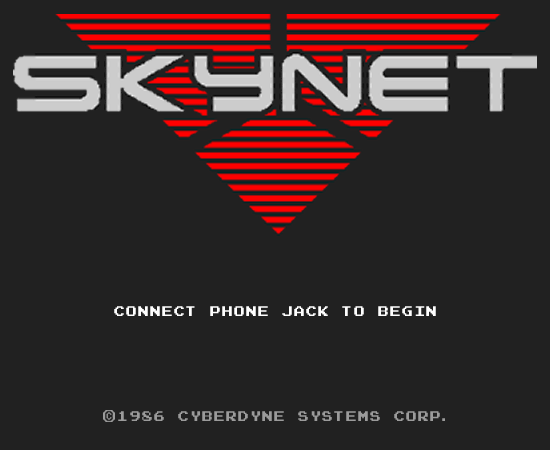
People told me I was doing the cinematographer’s job.
I was between shoots on making a short film when that night my editor informed me people on the shoot were calling me a control freak. Like, everyone was. Not just a few people. But everyone. I was confused, because I had actually given a lot of leeway and given up a lot of what I wanted since other people had really good ideas. So I didn’t understand what he meant.
Turns out that people were expecting that as director I should only have a broad vision of what I wanted and that the cinematographer would be in charge of deciding specific shots. The fact I wasn’t doing that made me a control freak.
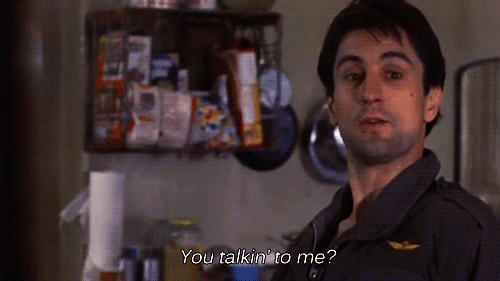
I was like… says who? Anytime you hear about someone critiquing a director’s work, they talk about shot choices. Wes Anderson’s whole style is built on—among other things—style of shot choices.
But some of these people were more experienced than I was. And I didn’t want to cause any problems. So the rest of the shoot I laid off some.
But I wasn’t done with this. I immediately began doing research online about the particular divisions of roles between director and cinematographer. It didn’t take long for me to find several interviews on the subject. And they all validated my assumptions but also taught me new things.
Ideally, the director and cinematographer are collaborators on shots. Ideally. But ultimately the director is in charge and what he says goes. Regardless, the most important thing is that the director and cinematographer work out the shot list before you start shooting. That is the piece that my friends were getting right. You should be—basically—letting the DP alone to do his job on the shooting day. He’s an amazing craftsman who knows his job better than you. That’s assuming, of course, that your cinematographer’s actually read the shot list or script before filming that day. Which ours hadn’t. Still, it gave me a good sense of what I did wrong and what I could correct for the future.
Still. This was the internet. I preferred better confirmation.
Not long after, long-time cinematography veteran Ralph Linhardt came to my school for a private chat with our big aspiring filmmakers. There, one of my school’s minor celebrity student cinematographers asked: “What happens when you’re working for a director who wants the shot done a specific way, but you know it would be a better way? What can you do?”
Ralph said: “Ultimately, he’s the director. It’s his film. If he doesn’t know what he’s doing and you can’t deal with that you just probably shouldn’t work with him.”
Did I find this slightly gratifying? Yes.

So directors, make sure you respect our cinematographer enough to get them on board with your vision before shooting. DPs: make sure you can live with the director you have.
And have a breathing professional and internet army on your side.






